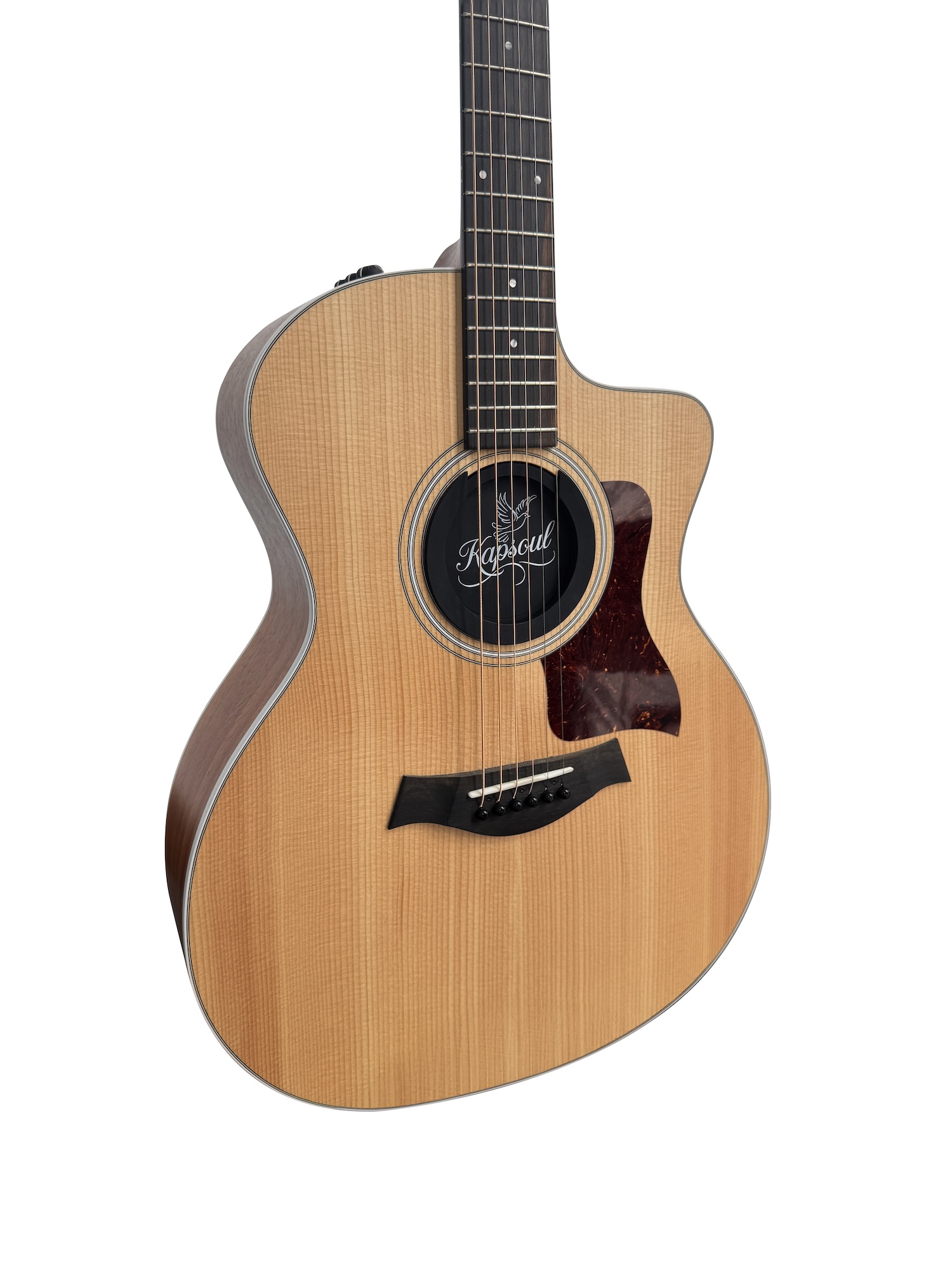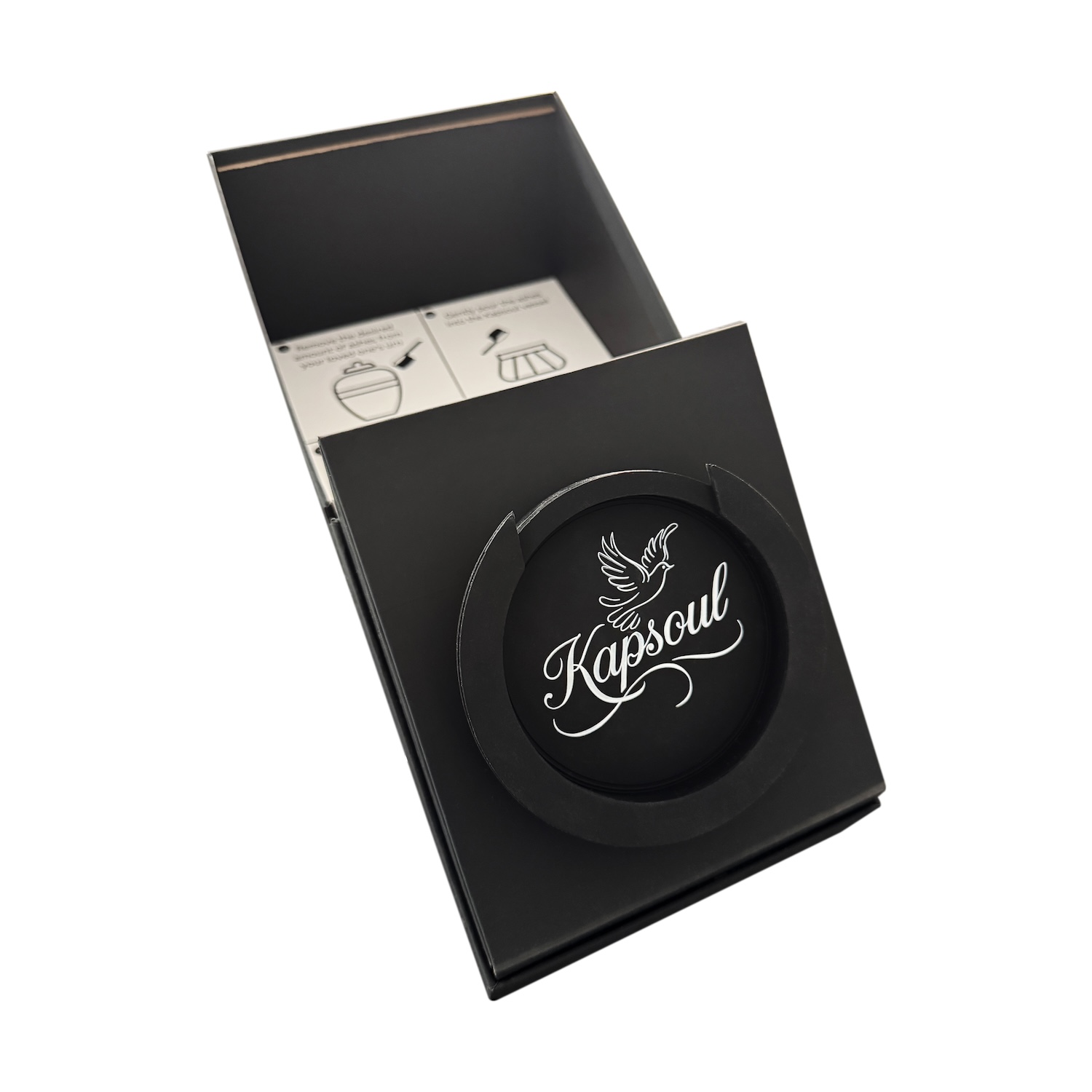When grief strikes, words often fail us. The profound ache of losing someone we love can leave us feeling isolated, confused, and desperate for comfort. Yet throughout human history, one universal language has consistently offered solace during our darkest hours: music. This is the healing power of music, providing comfort and connection when we need it most.
Music doesn’t just accompany our grief—it transforms it. It provides a bridge between our inner emotional world and the healing we desperately need. For those who play guitar, this connection becomes even more intimate, as the vibrations of the strings literally resonate through their body, creating a physical manifestation of emotional release.
The Science Behind Music and Grief Healing
Research consistently shows that music activates multiple areas of the brain simultaneously, including regions responsible for memory, emotion, and physical sensation. When we’re grieving, our brains struggle to process the complex emotions surrounding loss. Music helps organize these feelings, giving them structure and meaning.
A study published in the Journal of Music Therapy found that people experiencing grief showed significant improvements in emotional regulation after just eight weeks of musical engagement. The participants reported feeling more connected to their emotions and better able to process their loss constructively.
Music therapy experts explain that melody and rhythm help regulate our nervous system. When we’re overwhelmed by grief, our fight-or-flight response often stays activated, keeping us in a state of chronic stress. Music can shift us into a parasympathetic state, where healing actually becomes possible.
Memory and Musical Connection
One of music’s most powerful gifts during grief is its ability to preserve and honor memories. The songs our loved ones enjoyed, the melodies we shared together, or even the music that reminds us of specific moments become precious bridges to those we’ve lost.
Playing guitar during grief often intensifies this connection. The act of creating music with your hands transforms passive listening into active remembrance. Each chord progression, each strummed melody becomes a conversation with memory—a way to feel close to someone who’s no longer physically present.
The Physical Release of Emotional Pain
Grief isn’t just an emotional experience—it’s deeply physical. The term “heartbreak” exists because loss literally feels like a crushing weight on our chest. Music provides a healthy outlet for this physical manifestation of emotional pain.
When we play guitar, sing, or even just listen deeply, we’re giving our bodies permission to express what words cannot. The vibrations, the rhythm, the controlled breathing required for singing—all of these elements help release the tension that grief creates in our muscles and nervous system.
Creating Ritual Through Music
Music naturally lends itself to ritual, and ritual is essential for healthy grief processing. Throughout cultures worldwide, music accompanies funeral rites, memorial services, and personal mourning practices. These musical rituals help us mark the significance of our loss while providing structure during chaotic emotional times.
For guitarists, this ritual can become deeply personal. Creating a special space for playing, choosing specific songs that honor your loved one, or even composing original pieces becomes a form of active grieving—a way to channel pain into something beautiful and meaningful.
The KapSoul: Where Memory Meets Music


For those who find healing through guitar, the connection between music and memory can become even more profound with products designed to honor this relationship. The KapSoul represents an innovative approach to keeping loved ones close while engaging in musical healing.
This unique soundhole cover fits most acoustic guitars with 4-inch diameter sound holes, allowing guitarists to literally carry a part of their loved one with them as they play. The KapSoul securely holds up to 8 ounces of ashes within its PPH (Polypropylene Homopolymer) interior lining, ensuring both safety and dignity.
What makes the KapSoul particularly meaningful is how it transforms the guitar into a living memorial. Every time you play, every vibration that resonates through the instrument also moves through the space where your loved one rests. The included scooper facilitates respectful placement, making the process as gentle as possible during an already difficult time.
Music as Continuing Bonds
Modern grief therapy has moved away from the old notion that we need to “get over” loss and “move on.” Instead, experts now recognize that healthy grieving involves maintaining continuing bonds with those we’ve lost—finding new ways to carry their presence forward in our lives.
Music naturally supports this continuing bond theory. When we play their favorite song, when we feel their presence in a melody, when we create new music inspired by their memory—we’re not clinging to the past. We’re actively integrating their influence into our ongoing story.
The KapSoul takes this concept a step further, creating a physical manifestation of continuing bonds. Your loved one doesn’t just inspire your music—they become part of it in a literal sense. This can provide tremendous comfort for those struggling with the finality of death.
Building Community Through Shared Musical Experiences
Grief often isolates us, but music has unique power to rebuild connection. Whether joining a grief support group that incorporates music, playing with others who understand loss, or simply sharing meaningful songs with family and friends, music helps combat the loneliness that accompanies grief.
Many guitarists find that sharing their musical grief work helps others process their own losses. Playing at memorial services, composing songs for other grieving individuals, or teaching guitar to those seeking healing creates ripples of comfort that extend far beyond personal healing.
Finding Hope in Dark Times
Perhaps most importantly, music reminds us that beauty can emerge from pain. When we transform our grief into melody, when we channel our love into song, we’re participating in one of humanity’s most ancient healing practices.
The act of creation—whether playing existing songs with new emotional depth or composing original pieces—affirms that life continues, that love persists, and that meaning can be found even in loss. Music doesn’t erase grief, but it helps us carry it more gracefully.

Moving Forward with Music
As you navigate your own grief journey, remember that there’s no right or wrong way to use music for healing. Some days you might find comfort in gentle, familiar melodies. Other days you might need the release that comes from powerful, emotional songs. Trust your instincts and let music guide you toward what feels healing.
For guitarists considering the KapSoul, know that this choice represents more than a memorial product—it’s an invitation to create a new kind of relationship with loss. Every time you play, you’re choosing to transform grief into something beautiful, meaningful, and connected.
Music won’t take away the pain of loss, but it will help you carry it with grace, honor, and hope. In times when nothing else makes sense, let music be your companion, your comfort, and your pathway back to wholeness.
